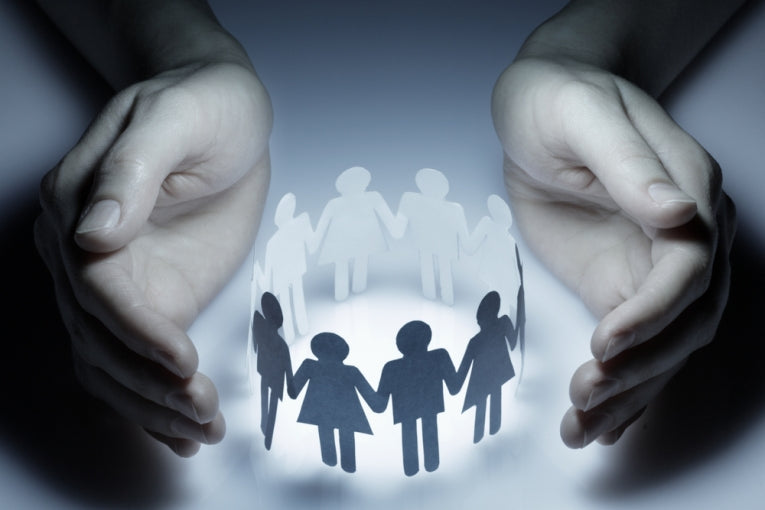The Oxford English Dictionary has two complementary definitions for solidarity:
In the Millennium Declaration world leaders agreed that solidarity was a value that was important to international relations in the 21st century. In the light of globalisation and a growing inequality, the UN realised that strong international solidarity and co-operation was needed to achieve the Millennium Goals.
Members were mindful of the fact that the UN was founded on the idea that unity, harmony and the concept of collective security relied on the solidarity of members to achieve these objectives.
On 22nd December 2005, the United Nations General Assembly decided by Resolution 60/209 that solidarity was one of the fundamental and universal values that should underlie relations between peoples in the twenty-first century and as a result 20th December was designated to be International Human Solidarity Day.
Recognition of solidarity was not new to the UN because three years previously, on 20th December 2002, Resolution 57/265 had established the World Solidarity Fund that was set up in February the following year. This is a Trust Fund of the UN Development Programme, with the object of eradicating poverty and promoting human and social development in developing countries, particularly among the poorest segments of their populations.
The theme for 2012's International Human Solidarity Day is: Global partnership for building shared prosperity.
International Human Solidarity Day celebrates Global unity in diversity, but it is the eradication of Global poverty that is seen as the prime objective. The day serves as a useful reminder to governments of their commitments to international agreements on the need for human solidarity as an initiative to fight against poverty. There is worldwide encouragement for people to debate on ways of promoting solidarity of finding innovative ways in which poverty might be eliminated.
Activities can include the promotion of various campaigns, such as:
In short the event is aimed to raise awareness of the importance of advancing the international development agenda and promoting global understanding of the value of solidarity.
There is a widespread feeling that those who suffer most and benefit the least should receive help from those who suffer least and benefit the most. Through the Millennium Declaration, world leaders agreed that global challenges should be managed in a way that distributed the costs and burdens fairly in accordance with the principles of equity and social justice.
In his message to mark International Human Solidarity Day 2012, UN Secretary-General Ban Ki-Moon commented that the world is currently passing through a period of dramatic transition. People everywhere are demanding greater political freedom, accountability and equality, but economic, social and environmental dimensions are leading to a deepening of global interdependence.
Solidarity, said Ban Ki-Moon, is crucial to solving the problems of our interconnected world. Shared goals, he continued, can be reached if people are able to participate in the formation and implementation of plans, policies and programmes to shape our common future.
Ban Ki-Moon pointed out that the target date for achieving the Millennium Goals is 2015 and although much has already been achieved, we must intensify our efforts to meet this deadline. We must also start laying the groundwork for the posr-2015 agenda.
The Secretary-General concluded his message by calling on all citizens of the world to unite as a global family in the advancement of solidarity in order to reach our shared goals.










